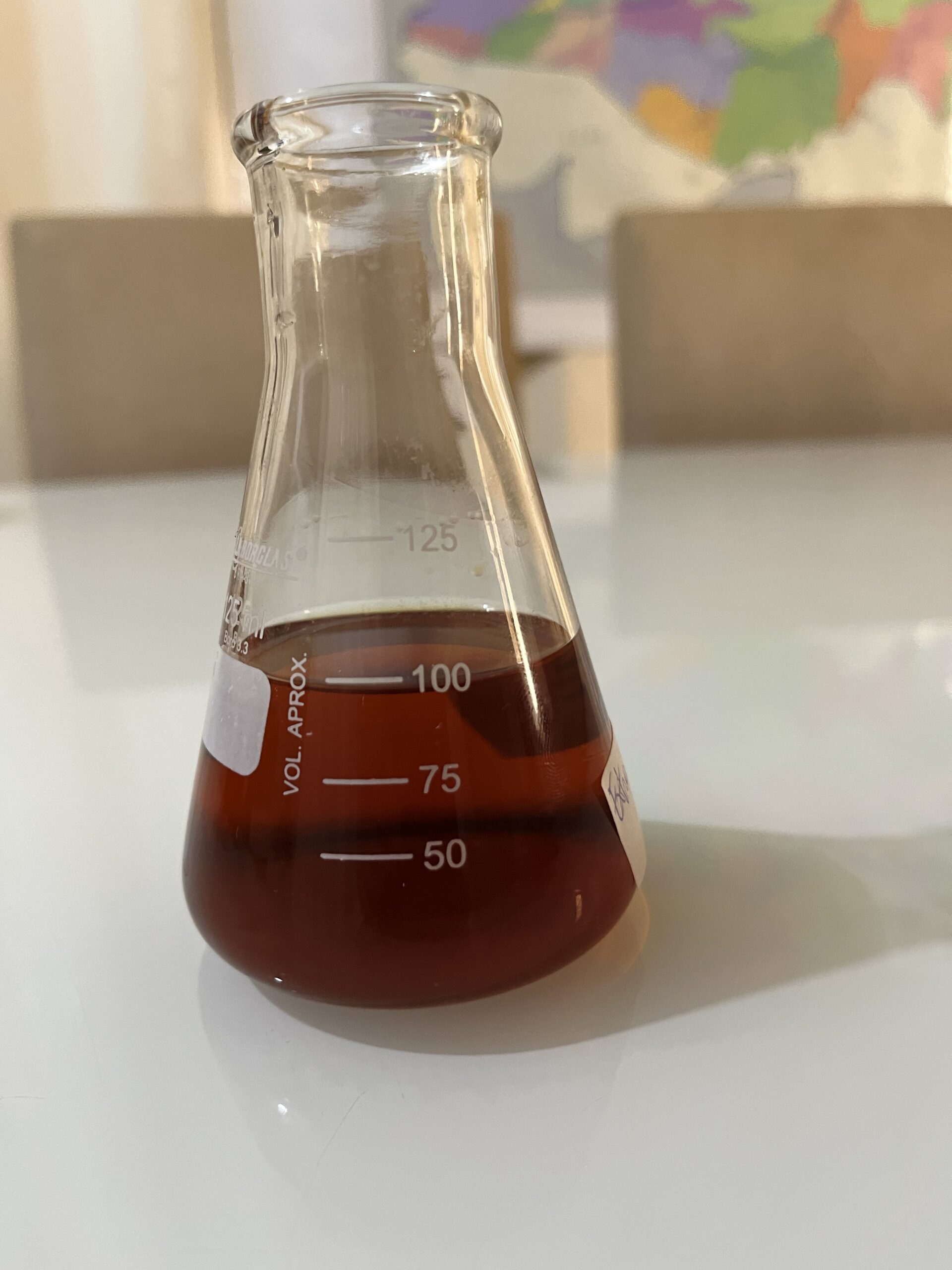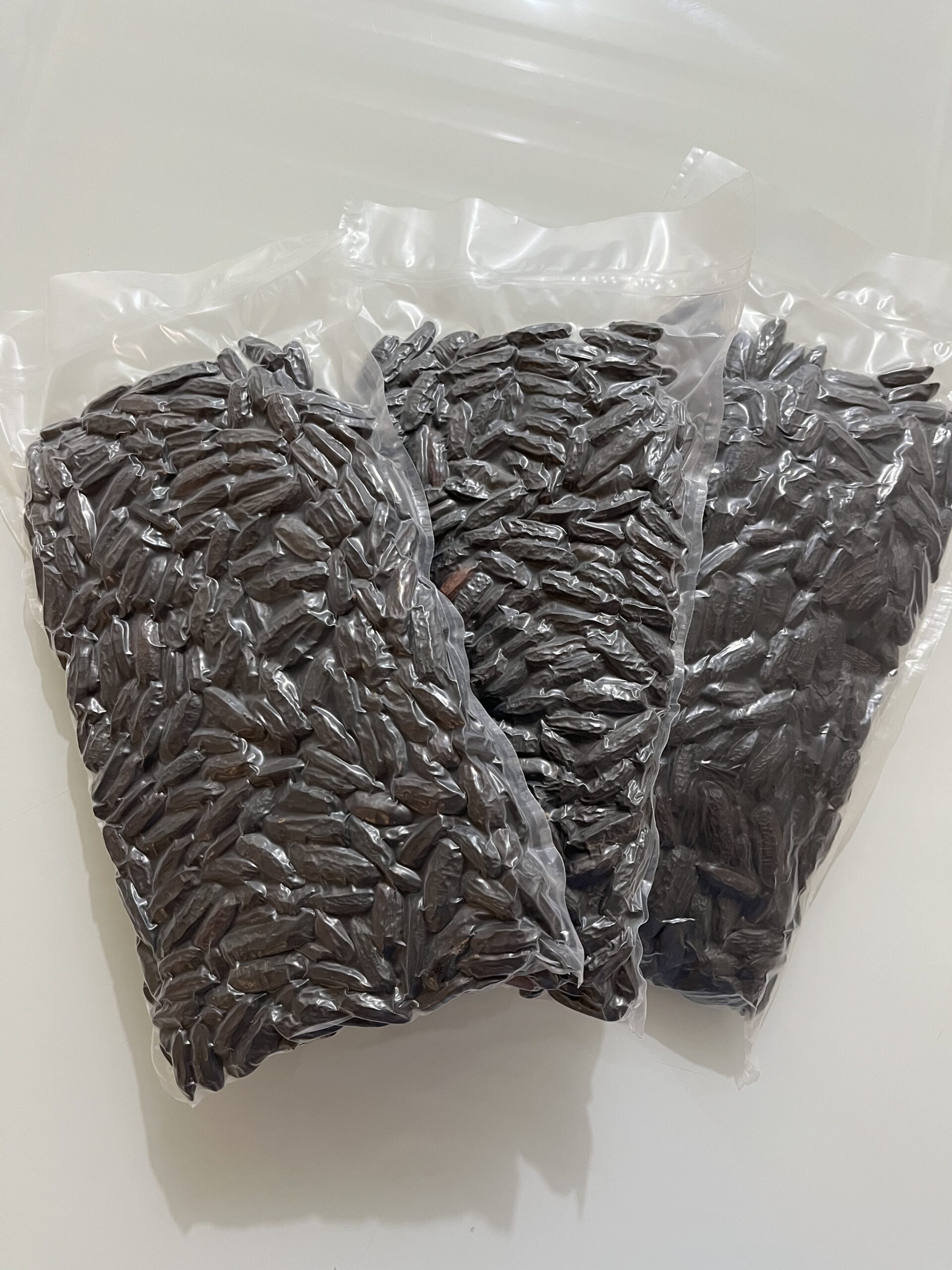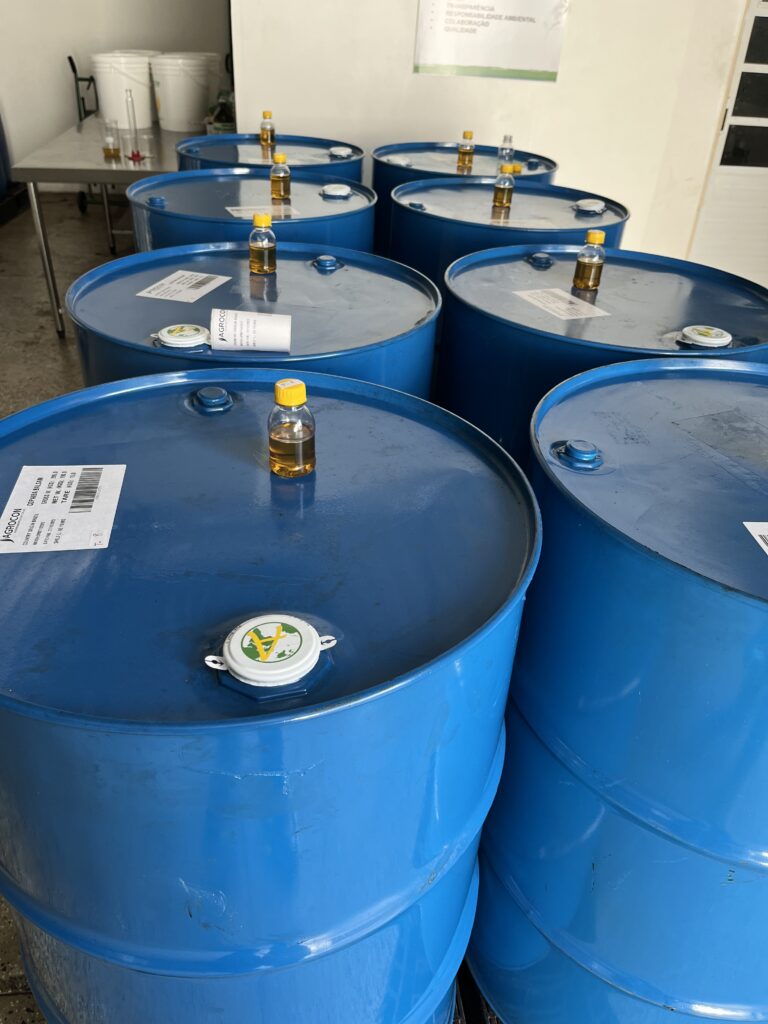Products
RAW MATERIAL
Copaíba is a stimulant oleoresin obtained from the trunk of several South American leguminous trees with pinnate leaves. The thick, clear exudate varies in colors from light gold to dark brown, depending on the resin to essential oil ratio. Copaiba is used in the manufacture of varnishes and lacquers. The balsam can be steam distilled to give copaiba oil, a colorless to pale yellow liquid with the characteristic balm odor and an aromatic, slightly bitter and pungent taste.




RAW MATERIAL

Tucuma Butter
Tucuma Butter is made from the seeds and oil of the pulp produced from the seed of the Tucuma fruit. Being from the same family as the Murumuru palm, both butters have similar properties. Tucuma Butter's high levels of lauric, myristic and oleic fatty acids offer excellent skin feel and moisture binding activity, whilst high levels of carotenoids offer anti-oxidant activity and protection. Tucuma Butter is an excellent emollient and brings softness to the skin without clogging pores.
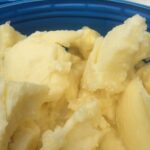
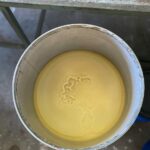


RAW MATERIAL
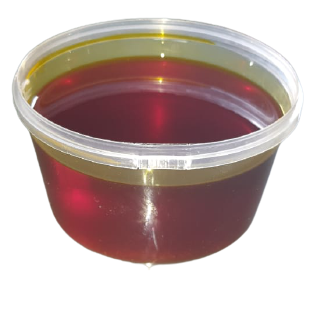
Buriti Oil
Buriti oil also has an extremely high anti-oxidant content to protect the epidermis from free-radical damage. Buriti oil has the highest natural occurrence of pro-vitamin A available (carotenoids). The rich unsaturated fatty acids in Buriti Oil restores moisture depleted, sun-exposed skin. It rebuilds, exfoliates and renews tissue and fortifies and re-hydrates cells, by supporting the production of collagen and elastin.
RAW MATERIAL
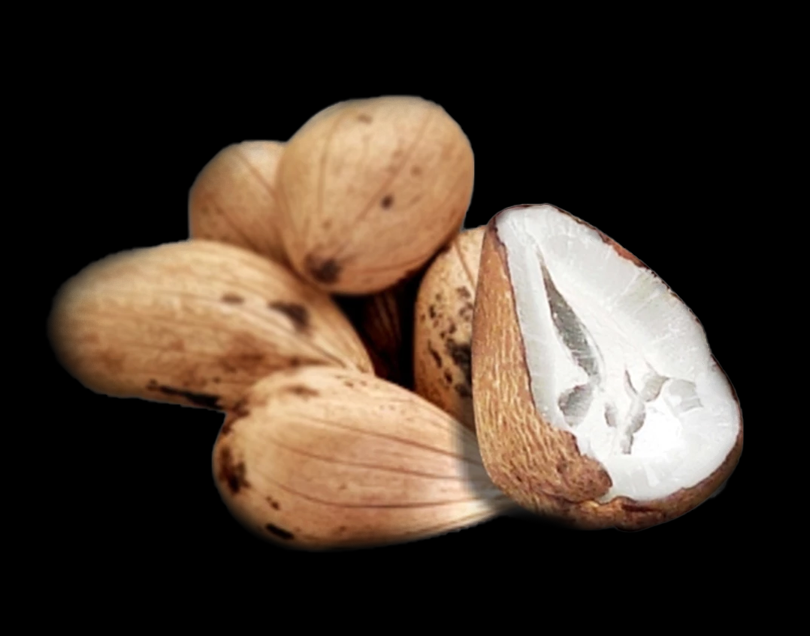
Murumuru Butter
Murumuru butter has natural anti-inflammatory properties that help to soothe sensitive or irritated skin, sealing the moisture in. These properties also help relieve strained muscles when used as a massage cream. Murumuru butter is also very effective as a healing ingredient in skincare treatments. It is a wonderful treatment for skin conditions such as eczema and psoriasis, in addition to nourishing and healing cracked skin or minor skin injuries such as burns or superficial cuts. For years murumuru butter, with its high Vitamin A content, has been cherished for its anti-aging benefits and ability to repair damaged skin.
RAW MATERIAL
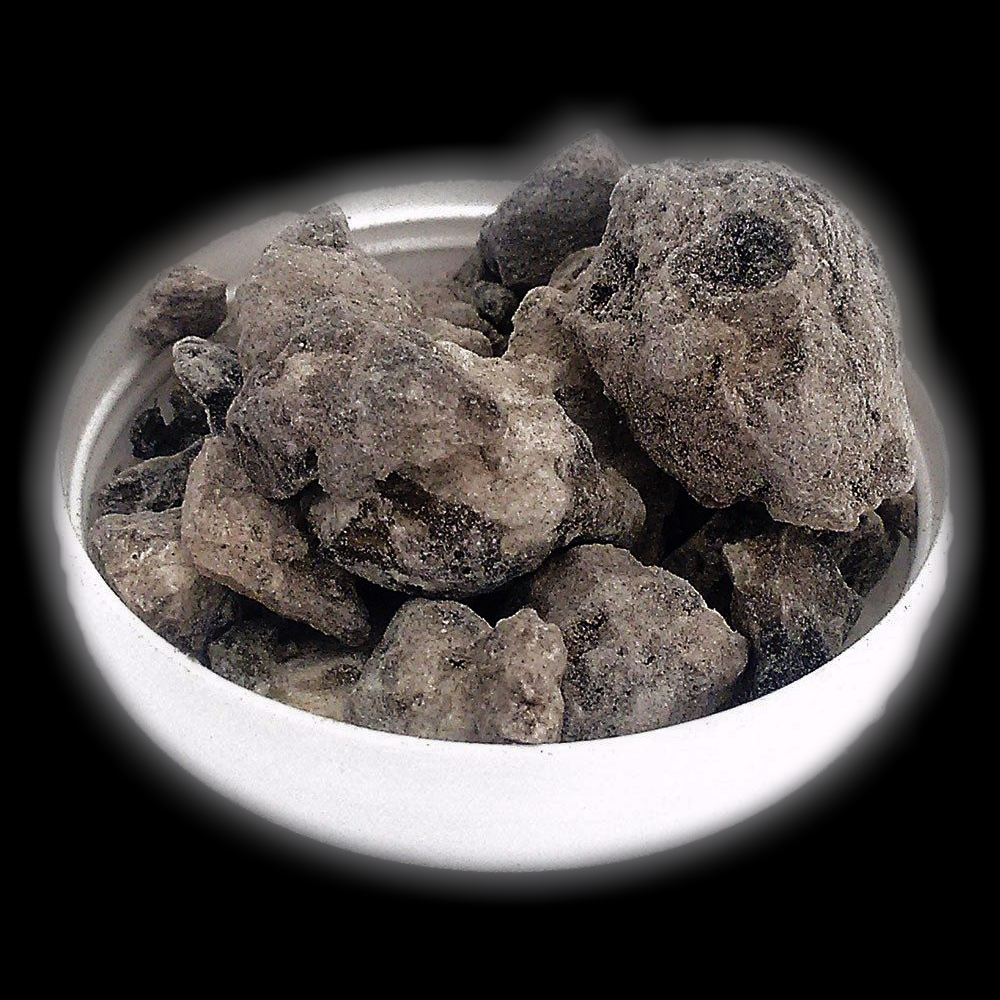
Breu Branco Rock
Due to its main aromatic function, the resin is widely used in perfumery and hygiene products, being used as an aroma in perfumes and colognes, as well as in the manufacture of soaps. Limonene, present in white pitch oil, is a common component in fragrances and essences. Due to the humidity of the air and the mixtures of resins of different species present in the region, the oil takes on an aromatic body different from the black pitch, which has a more herbaceous note in the background, with a more galbanum-like character. The sensation is like an oil obtained from fresh, freshly exuded and harvested resins. The resin of Breu branco has powerful aromas of wood and spices that make it a rare and precious ingredient, much sought after in body care and perfumes.
RAW MATERIAL

Cupuaçu Butter
Cupuaçu butter is a natural plant-derived product with a paste-like texture, a whitish color, and is primarily used to combat dryness of the skin and hair, as it helps maintain their hydration, among various other properties. This product is extracted with the required quality standards by the AGROCON brand through cold pressing.
RAW MATERIAL
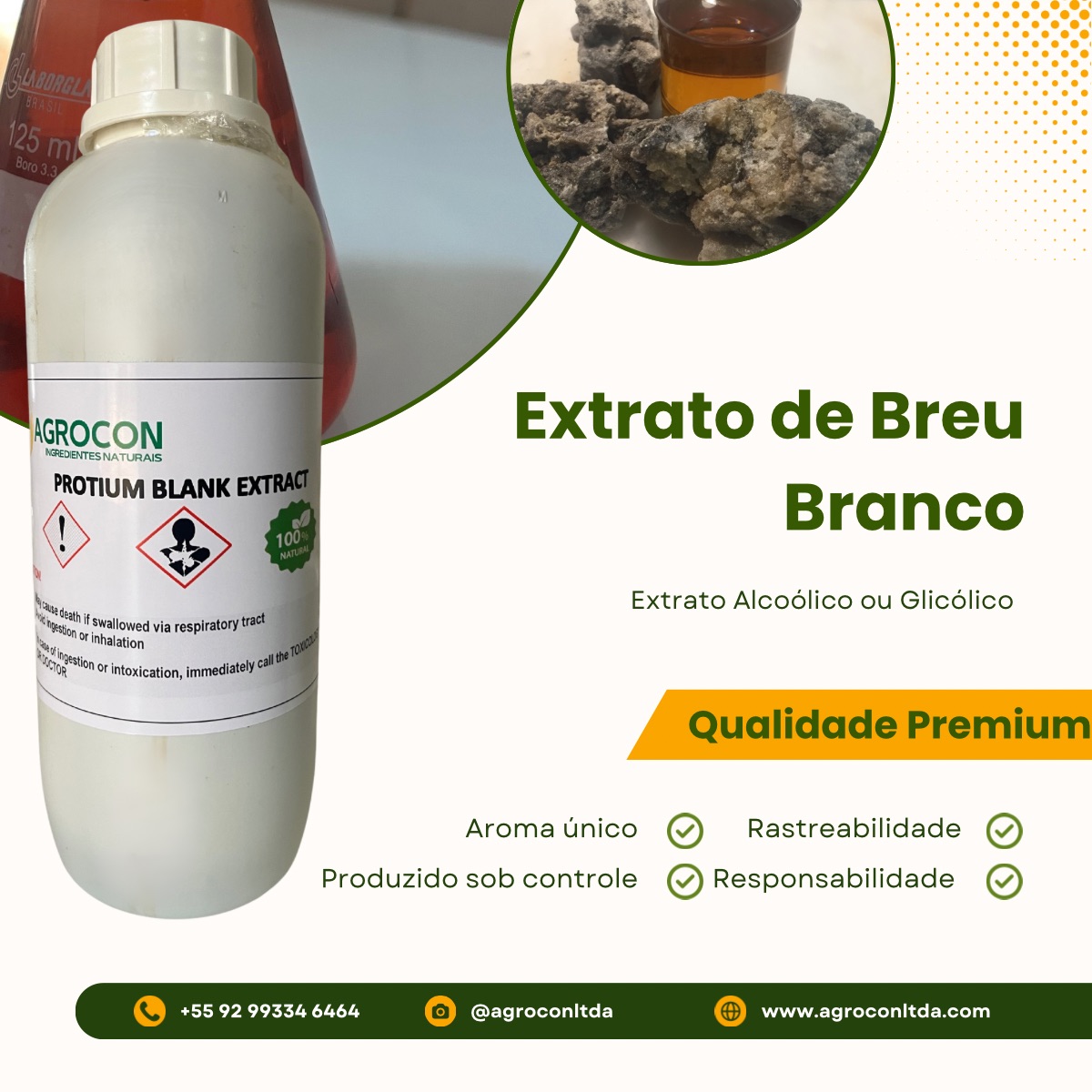
Protium Blank Extract
Fluid Extract with 50% concentration. Due to its main aromatic function, the resin is widely used in perfumery and hygiene products, being used as an aroma in perfumes and colognes, as well as in the manufacture of soaps. Limonene, present in white pitch oil, is a common component in fragrances and essences. Due to the humidity of the air and the mixtures of resins of different species present in the region, the oil takes on an aromatic body different from the black pitch, which has a more herbaceous note in the background, with a more galbanum-like character. The sensation is like an oil obtained from fresh, freshly exuded and harvested resins. The resin of Breu branco has powerful aromas of wood and spices that make it a rare and precious ingredient, much sought after in body care and perfumes.
RAW MATERIAL
